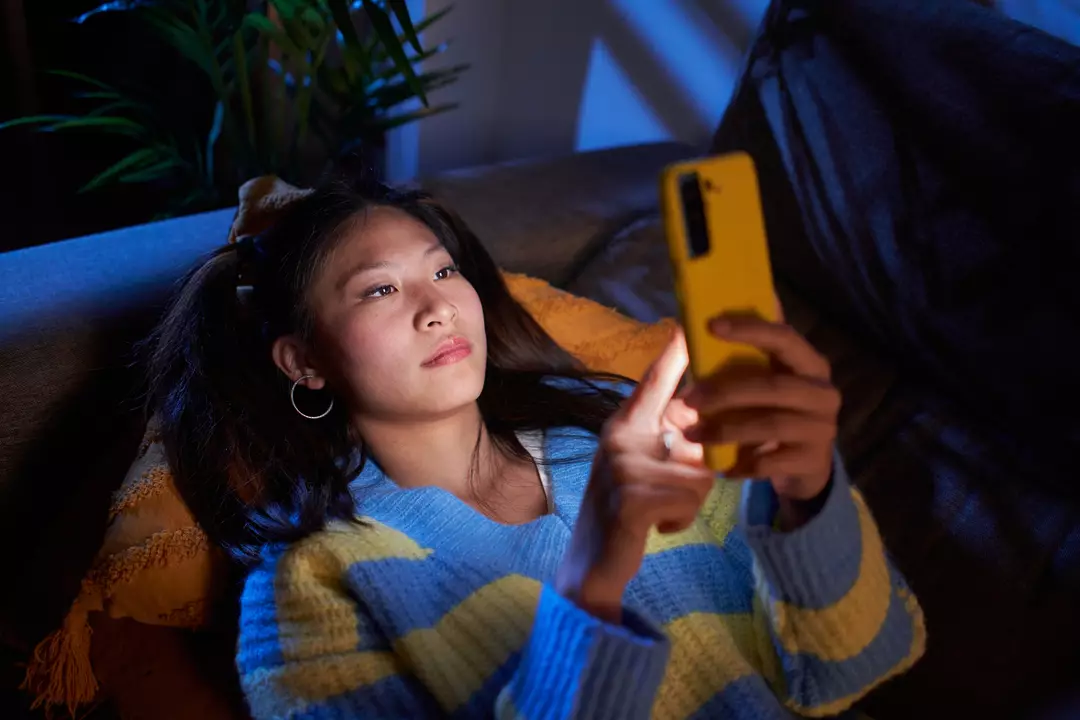A startling new study has highlighted the impact that doom scrolling short-form content can have on the brain.
Many of us habitually scroll through videos on platforms like Instagram Reels, TikTok, and YouTube Shorts. Although it might appear harmless to indulge in videos of people falling over or amusing cat antics, this manner of consuming content could affect your brain negatively.
While extensive research has focused on TikTok, short-form videos (SFVs) have now permeated nearly every social media platform.
Recognizing this trend, researchers conducted a study involving data from 98,299 participants across 71 studies and a variety of social media platforms.
The researchers noted in their paper: “The resurgence of short-form videos (SFVs), popularized by TikTok and Douyin, has transformed social media platforms, with features like Instagram Reels and YouTube Shorts fostering their widespread adoption.”

“Although initially geared toward entertainment, SFVs are increasingly used in education, political campaigns, advertising, and consumerism, yet their design, characterized by endless scrolling interfaces, has raised concerns about addiction and negative health implications,” they added.
The study, which included nearly 100,000 participants, examined their engagement patterns along with various cognitive and mental health indicators in both young and adult demographics, revealing some alarming insights.
Regarding cognitive impacts, the study found that ‘higher SFV consumption is linked to poorer attention across both young and older populations’.
Additionally, SPV usage has been correlated with poor mental health outcomes, such as depression, anxiety, stress, and loneliness. “The continuous cycle of swiping and receiving new, emotionally stimulating content has been proposed to trigger dopamine release, creating a reinforcement loop that contributes to patterns of habitual use and greater emotional reliance on digital interactions,” the study elaborates.

“This habitual engagement may be associated with heightened stress and anxiety, as some users report difficulties disengaging and regulating their emotions in offline settings,” the researchers suggest.
The study also pointed out the need for further research in other health areas, such as body image.
Moreover, sleep quality is another aspect that can be negatively influenced by SFV scrolling, especially if individuals use TikTok or Instagram in bed before sleeping.
The study notes: “In particular, the consumption of SFVs in the hours before bedtime has been linked to disrupted sleep quality due to the blue light emitting from electronic devices, which may inhibit the production of melatonin and serotonin—key hormones involved in regulating circadian rhythms.”
The overarching conclusion is that increased SFV consumption tends to worsen cognition and mental health.

